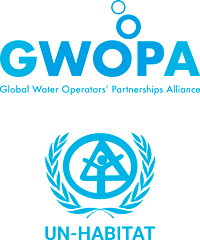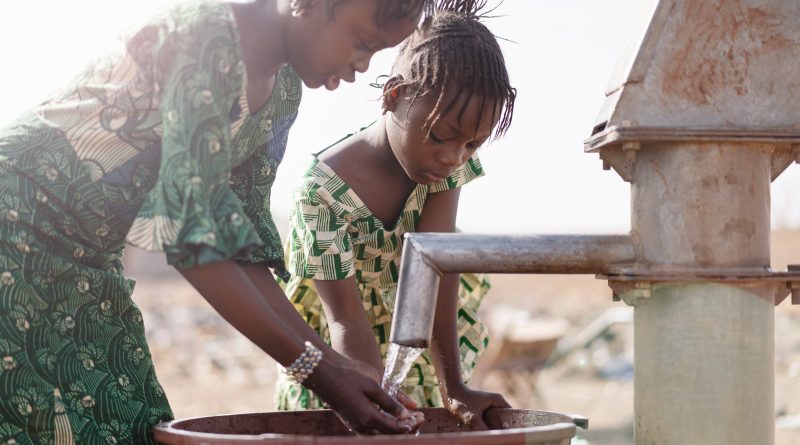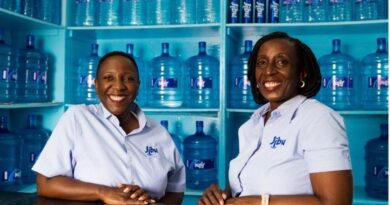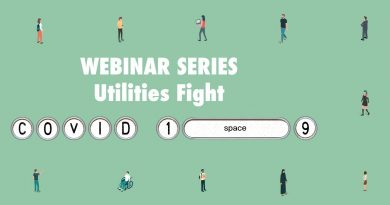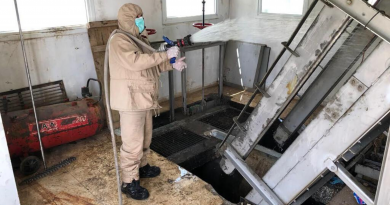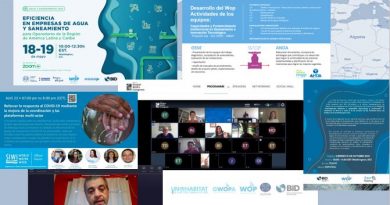UNICEF and GWOPA/UN-Habitat Join Forces to Build the Capacity of Ethiopian Water Service Providers through Water Operators’ Partnerships
In February of 2022, the UN-Habitat led Global Water Operators’ Partnerships Alliance (GWOPA) Secretariat in partnership with UNICEF kicked off a new Water Operators’ Partnerships (WOPs) project in Ethiopia. The initiative, titled ‘Building the Capacity of Three Ethiopian Water Services Providers through Water Operators’ Partnerships’, aims at improving newly established utilities in the Bidre, Bulle and DoyoGena towns.
By using the WOPs approach, the three Ethiopian utilities will be mentored by operators working at the local and international level. These solidarity-based, not-for-profit and capacity building focused partnerships will progressively strengthen and empower the beneficiary utilities on management, financial and technical levels to implement operational and organizational changes that lead to better and more sustainable services.
Lavuun Verstraete, Urban Water Sanitation and Hygiene (WASH) Manager, UNICEF Ethiopia is hopeful about the partnership, saying, “UNICEF believes the WOPs approach is an effective way to build much-needed capacity amongst water and sanitation operators in Ethiopia and is excited about the partnership with GWOPA/UN-Habitat to bring this practice to scale.”
Set to run for 2 years, the partnership is expected to improve drought resilience of the three Ethiopian utilities, as well as to ensure access to drinking water supply to residents of Bidre, Bulle and DoyoGena. The planned activities of the project are:
- Institutional WASH mapping in the three towns of Bidre, Bulle and Doyo
- A Matchmaking phase with identification of mentoring Water Operators
- WOP projects prepared and agreements finalized
- Training on WOP Monitoring tool for UN-Habitat and UNICEF staff, mentors and mentees
- Support for implementation of WOP Monitoring tool provided to UNICEF staff, mentors and mentees
- Closing workshop undertaken to discuss project findings and recommendations
- Communications material on project updates prepared and disseminated through established communications channels
- Exchange of information and sharing provided on the Waste-wise Cities Assessment Tool (WaCT)
